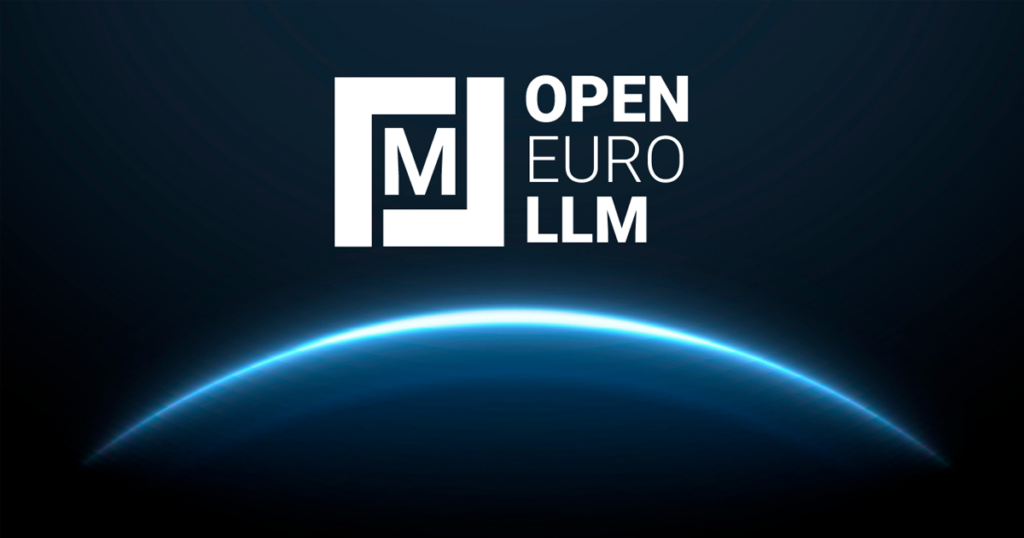Introduction
Artificial intelligence is no longer a futuristic dream—it’s shaping our daily interactions, from customer service to content creation. While Silicon Valley has dominated the AI chatbot scene with tools like ChatGPT and Google’s Gemini, Europe is making bold moves to develop its own AI-driven conversational systems. But can Europe’s AI chatbots compete on the global stage? Let’s dive into the latest developments, challenges, and what the future holds for European AI chatbots.
Why Is Europe Developing Its Own AI Chatbots?
The push for homegrown AI chatbots in Europe isn’t just about technological pride—it’s about digital sovereignty, data privacy, and cultural relevance. Here’s why Europe is taking this path:
- Reducing Dependence on U.S. Tech Giants – Currently, major AI models are controlled by American companies, which raises concerns about data privacy, accessibility, and economic dependency.
- Language and Cultural Diversity – Europe has a vast array of languages and cultural nuances. AI models trained primarily on English data often fail to grasp these subtleties.
- Regulatory Compliance – The European Union has some of the world’s strictest data protection laws (GDPR), making it essential to develop AI systems that align with these regulations.
What Is OpenEuropeLLM?
OpenEuropeLLM is a collaborative effort bringing together European research institutions, tech companies, and policymakers to create an AI chatbot model that aligns with European values and regulations. Unlike proprietary models developed by U.S. companies, OpenEuropeLLM is built with transparency and openness in mind.
Key Features:
- Multilingual by Design – Supports a wide range of European languages, including underrepresented ones.
- GDPR-Compliant – Ensures user data privacy, unlike some American and Chinese AI models.
- Open-Source – Encourages innovation by allowing developers across Europe to contribute and improve the model.
- Ethically Trained – Focuses on fact-checked, non-biased datasets to reduce misinformation.
Why Europe Needs OpenEuropeLLM
Europe has strong motivations for developing its own AI models instead of relying on U.S. or Chinese alternatives. Here’s why OpenEuropeLLM is crucial:
1. Data Privacy & Digital Sovereignty
Unlike U.S.-based AI chatbots, which are governed by less strict privacy laws, OpenEuropeLLM adheres to the General Data Protection Regulation (GDPR), ensuring that users’ data is protected and not exploited for commercial purposes.
2. Cultural and Linguistic Representation
Most AI models are predominantly trained in English, leading to biases in language comprehension. OpenEuropeLLM prioritizes multilingual training, ensuring that smaller European languages get equal representation.
3. Reducing Dependence on Big Tech
By developing a homegrown AI model, Europe can avoid reliance on American tech giants like OpenAI, Google, and Meta. This ensures that European businesses and governments have access to AI tools that align with their policies and values.
Challenges Facing OpenEuropeLLM
While the initiative has enormous potential, it also faces some significant hurdles:
- Funding & Investment – Competing with the massive financial resources of Silicon Valley remains a challenge.
- Training Data Limitations – High-quality training data in European languages is more limited compared to English.
- Computational Power – Developing and maintaining large-scale AI models requires immense computing infrastructure.
- Regulatory Hurdles – Strict AI regulations, while necessary, can sometimes slow down innovation.
Despite these challenges, European governments and research institutions are doubling down on AI investments, ensuring OpenEuropeLLM remains competitive.
Other Key Players in Europe’s AI Chatbot Race
Several European companies and research groups are stepping up to build competitive AI chatbots. Let’s look at some of the most notable efforts:
1. Mistral AI – France’s Answer to OpenAI
Mistral AI, a French startup, is developing AI models designed to rival those from OpenAI. The company recently partnered with Agence France-Presse (AFP) to train its chatbot, “Le Chat,” on fact-checked news sources. This is a direct response to concerns about misinformation in AI-generated content.
2. Lucie – France’s Ambitious (But Flawed) AI Chatbot
The French government-backed AI chatbot, Lucie, launched with the goal of promoting European values and cultural diversity. However, it was quickly taken offline due to errors and inaccuracies in its responses. Despite the setbacks, its developers are committed to refining the model before re-release.
DeepSeek – EU compliance
The Chinese AI chatbot DeepSeek faced a regulatory blockade in Italy due to concerns over personal data usage. This highlights Europe’s strict stance on AI ethics and privacy, reinforcing the need for locally developed alternatives that comply with EU regulations.
Challenges European AI Chatbots Must Overcome
Despite Europe’s ambitions, developing AI chatbots that can compete globally is no easy feat. Here are the main challenges:
- Limited Training Data – Most high-quality training data for AI is in English, which puts European-language models at a disadvantage.
- Funding and Investment – U.S.-based companies have significantly larger funding pools, allowing them to develop more advanced AI systems.
- Strict Regulations – While GDPR and AI safety laws protect users, they can slow down innovation and deployment.
The Future of AI Chatbots in Europe
Europe is taking proactive steps to ensure it remains competitive in the AI chatbot race. Some upcoming developments include:
- Government Funding & Research Initiatives – The EU is increasing investment in AI research and development to boost homegrown innovation.
- Paris AI Summit – Scheduled to bring together representatives from nearly 100 nations, this summit will focus on the safe development of AI and discuss strategies for open-source models and ethical AI deployment.
- Improved AI Training Strategies – By leveraging multilingual training data and fact-checked sources, European AI models are working towards greater accuracy and cultural adaptability.
Conclusion
Europe’s AI chatbot revolution is still in its early stages, but it’s clear that the continent is committed to building its own AI infrastructure. While U.S. tech companies currently lead the market, Europe’s focus on ethics, regulation, and cultural diversity gives it a unique competitive edge.
Will European AI chatbots become the next big thing, or will Silicon Valley continue to dominate? Only time will tell, but one thing is certain—Europe is making sure it has a seat at the AI table.
